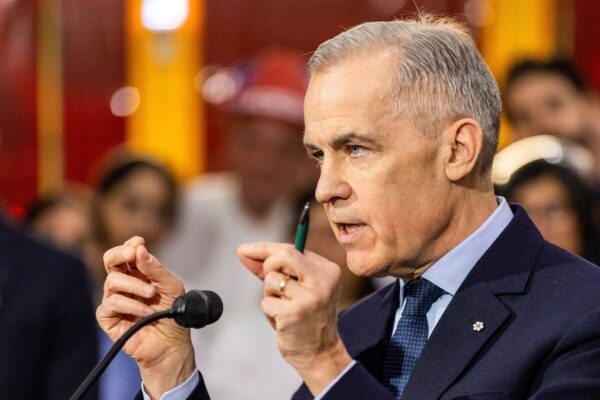Suriname slams creditors for ‘confrontational’ attitude
By Ank Kuipers and Brian Ellsworth
PARAMARIBO/CARACAS (Reuters) – Suriname on Tuesday said creditors were taking a “confrontational attitude” toward debt restructuring talks after bondholders rolled back a deal to delay payments, escalating a dispute between investors and the small South American nation.
A creditor committee, which includes Franklin Templeton, Eaton Vance (NYSE:EV) and Greylock Partners, on Monday said it had triggered a “termination clause” on notes maturing in 2023 and 2026, scrapping a plan struck in April to defer payments on the securities with an outstanding balance of $675 million.
The dispute in part hinges on the handling of future oil revenue from recent crude discoveries. Suriname says it is too soon for those funds to appear on its books, while creditors insist they should be a factor in the debt talks.
Suriname’s finance ministry said it “regrets the non-constructive and confrontational attitude.” It added that there was no alternative to creditors accepting a loss.
In response to the bondholders’ decision, Suriname’s opposition parties on Tuesday said they fear for Suriname’s international reputation now the government cannot meet its financial obligations.
President Chan Santokhi, who was elected in 2020, said in a National Assembly session that his government assumed office with a debt at 160% of GDP.
“We have offered our proposals. They have responded that they do not agree with that, is that the end of the world? No,” Santokhi said. “We are showing leadership, and we are continuing to negotiate.”
Creditors said the 70% haircut proposed by Suriname does not take into account its capacity to pay nor the country’s own description of its “bright economic future.”
Suriname’s bond prices were little changed on Tuesday but have fallen sharply since the government proposal early this month.
Bondholders have also complained about not being sufficiently involved in Suriname’s negotiations with the International Monetary Fund for a $690 million financing deal.
Suriname says including future oil revenues in its current economic models would be inconsistent with IMF guidelines, and that it provided creditors with ample details of its financial situation.
It was not immediately evident what legal actions, if any, the creditor committee would take against Suriname, or if the government was readying a new proposal.
The bondholder committee did not immediately reply to a request for comment.












 Bitcoin
Bitcoin  Ethereum
Ethereum  Tether
Tether  XRP
XRP  USDC
USDC  Solana
Solana  TRON
TRON  Dogecoin
Dogecoin  Lido Staked Ether
Lido Staked Ether